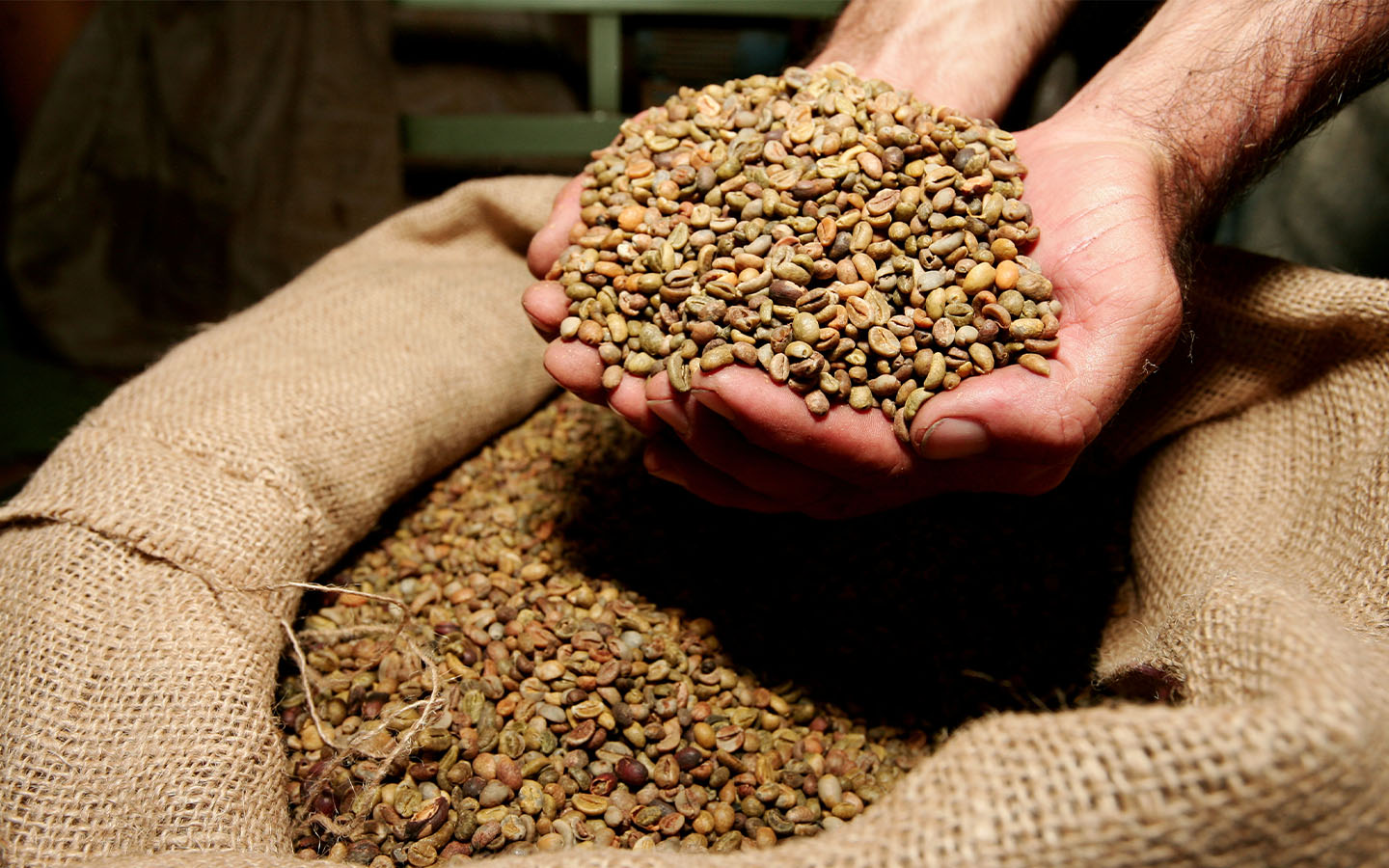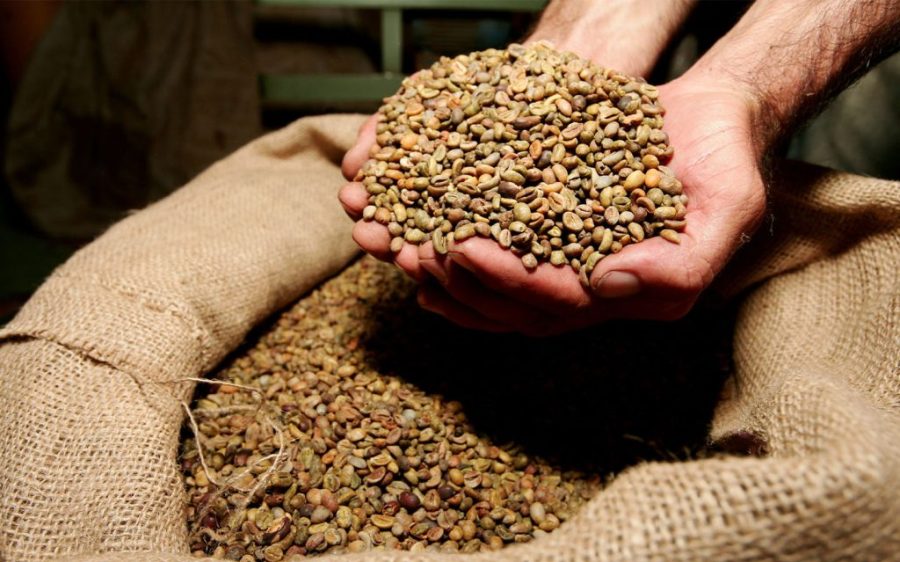China has announced approval of 183 new Brazilian coffee companies to export to the Asian giant, offering much-needed relief from steep US tariffs.
The Chinese embassy in Brazil said that the authorisation will be valid for five years and effective from 30 July, according to Reuters. The date is the same day that US President Donald Trump signed an order making the 50-percent tariff on Brazilian goods official. On the lengthy list of exempted products, coffee remained notably absent.
Senior soft commodities analyst and independent consultant Judith Ganes told Reuters that the omission suggests Trump is using coffee as a bargaining chip with Brazilian President Luiz Inácio Lula da Silva. Trump appeared to issue the tariffs as punishment for the prosecution of Lula’s predecessor and Trump ally, Jair Bolsonaro, for allegedly planning a violent coup to remain in power.
It’s a risky move. Brazil provides a third of the coffee consumed in the US, where per capita coffee consumption is over four times the global average. Most Americans already blame the president for rising prices, a steep hike in this daily staple could prove politically dangerous.
[See more: Coffee consumption may reduce frailty in ageing populations, study finds]
Americans’ misfortune may also be China’s gain. National coffee consumption has grown around 20 percent annually for the last decades, with per capita consumption doubling in the last five years, according to industry data. While that figure of 16 cups is still well below the global average of 240 cups, it underscores the room for growth.
Brazil is China’s main supplier already, thanks to strong trade ties and high-quality product. China imported 538,000 bags in the first half of 2025, according to Brazilian coffee exporters association Cecafé. The European Union is another likely destination for Brazilian beans. An absence of tariffs make it an appealing option, although with one of the highest average annual per capita consumption rates, the bloc offers far less potential for growth.
Trade experts believe some Brazilian beans will simply take a more circuitous route, exporting to a third country, then the US. Debajyoti Bhattacharyya, commercial vice president at agricultural commodities firm AFEX, explained to Reuters that the lower tariff levels of countries like Mexico or Panama could make up for the added logistical costs.
“Without a strong traceable supply chain, tariffs are meaningless,” he said. “I mean, we can’t stop oil from flowing, why would coffee?”






